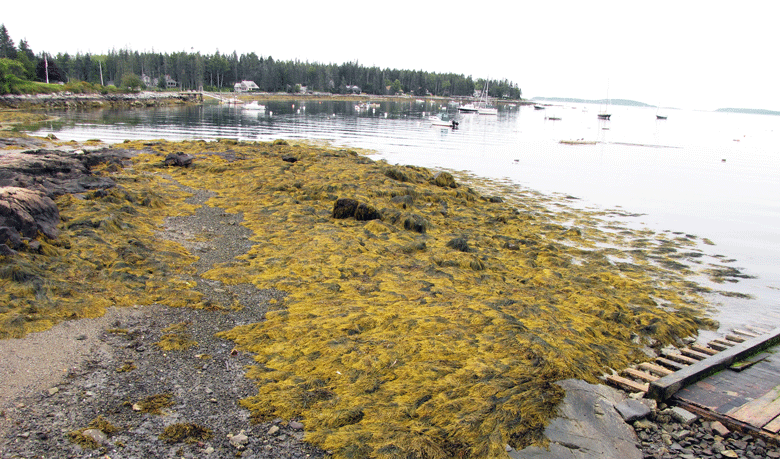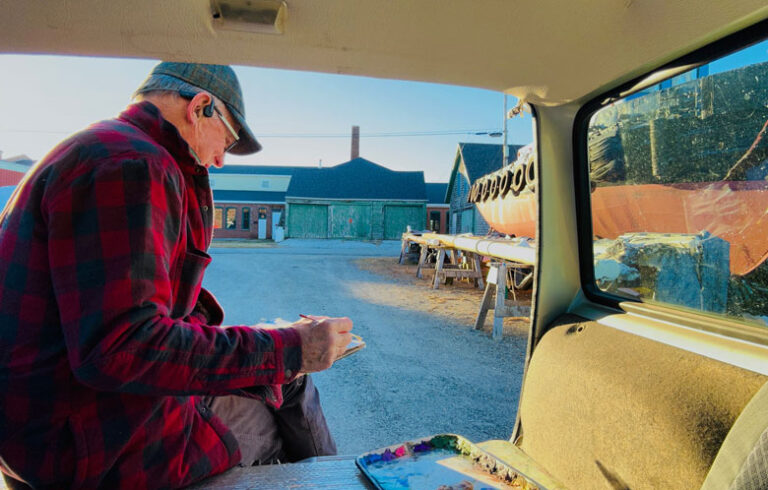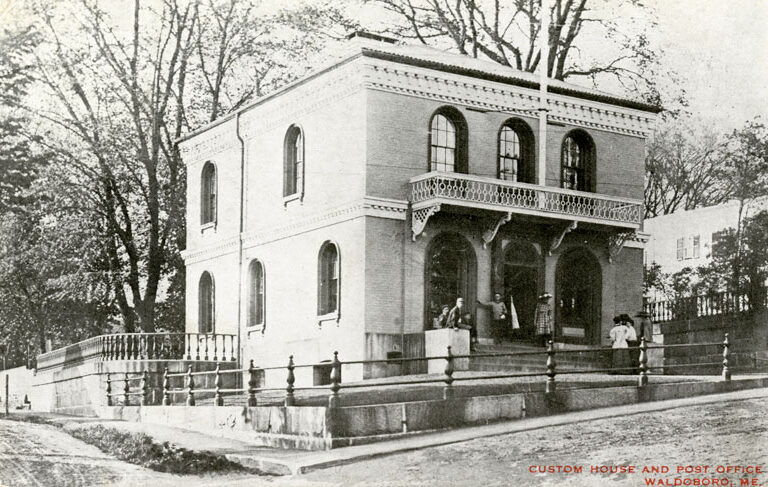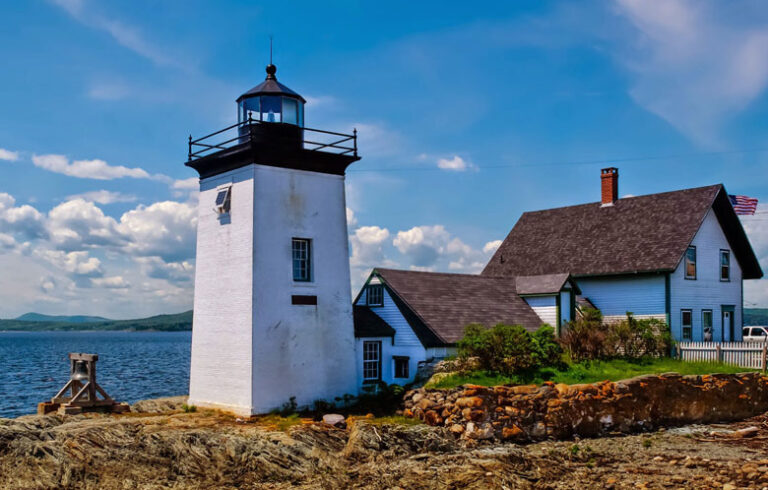Contrary to a recent article in this newspaper (“Illegal rockweed harvesting threatens environment,” November issue), rockweed harvesting is an environmentally sustainable practice that is crucial to the future of Maine’s working waterfront.
The article took a surprisingly sour view of the industry, overstating the number of bad actors and instances of illegal harvest while ignoring the science around rockweed and its economic importance to Maine.
Rockweed, or Ascophyllum nodosum, is the seaweed that any ocean-goer in Maine knows, one that attaches itself to the rocky intertidal zone along the coast. Its commercial harvest has a long history; a 1907 Boston Herald article tells us that in the early 1900s, farmers were harvesting 5,000 tons of rockweed in Penobscot Bay alone, to use on potato crops and as sheep feed.
It is estimated that the Gulf of Maine contains over 1 million tons of rockweed.
The latest landing data for all seaweed species in Maine was 7,491 tons in 2021, according to the Department of Marine Resource (DMR). It is estimated that the Gulf of Maine contains over 1 million tons of rockweed, which means less than 1% of Maine’s rockweed was harvested that year.
Over 40 years ago, three Maine companies began sustainably harvesting and processing rockweed and continue to operate today. The founders of these three companies were three of the five founding members of the Maine Seaweed Council (MSC), established in 1993 to to strive to protect the ecosystems of Maine’s marine algae and adhere to sustainable cultivation and harvest practices, promote the use of Maine seaweeds, educate the public, regulators, and elected officials, and provide a collaborative forum for its members.
Rockweed is an incredibly resilient natural resource and most Mainers who harvest it go to great lengths to ensure that it remains bountiful for future generations. This means complying with all state regulations, always cutting 16 inchse or more above the hold-fast (where the seaweed connects to the rock), obtaining a license, of course, and reporting landings by state mandated sectors.
The Working Waterfront’s story, produced by the Maine Monitor, implies that industry is trying to loosen these regulations but the exact opposite is true. In fact, it was the MSC that pushed for adoption of a statewide sector system and continues to push for the adoption of the Rockweed Fisheries Management Plan that DMR published in 2014.
Harvesters are not seeking to harvest everywhere. They want to continue to cut in the areas they have harvested for decades.
And the implication that a well-managed rockweed fishery can only exist if individual landowners own the rockweed is misplaced. We can look to Canada where the rockweed is owned and regulated by the government and is thriving with no difference in biomass, height, or morphology of rockweed after more than 20 years of commercial harvesting.
Given this long and positive history, we on the board of the MSC were puzzled by the recent suggestion that the industry is dominated by rogue harvesters operating without licenses, or that the practice is environmentally harmful.
Earlier this year, a study from the University of Maine concluded that the speed of biomass recovery in harvested rockweed beds is “quite remarkable” and that “harvesting had less impact than previous studies indicated.” The bottom line from the University of Maine is that rockweed regenerates at a rapid rate, fully recovering its biomass within a year of harvest.
This abundant natural resource has many commercial uses: garden fertilizer, a nutritional additive in food for pets and livestock, and as a plant biostimulant, which increase crop tolerance to stressors caused by climate change and allows farmers to use fewer petroleum-based fertilizers.
In addition to harvesting, the industry creates jobs in trucking, processing, and even scientific research. This impact is all the more important because the harvest occurs largely in rural portions of Maine’s coast, such as Washington County, where economic opportunity is hard to come by.
There is a story to tell about rockweed in Maine, just not the one that appeared in the November issue. Rockweed is an important natural resource for our state, one that is sustainable and regenerative and offers economic opportunity.
Submitted on behalf of the Maine Seaweed Council board of directors whose members are: Bonnie Tobey, George Seaver, Alison Feibel, Greg Tobey, Shep Erhart, John Grotton, Mitch Lench, Dave Preston, and Jaclyn Robidoux.





